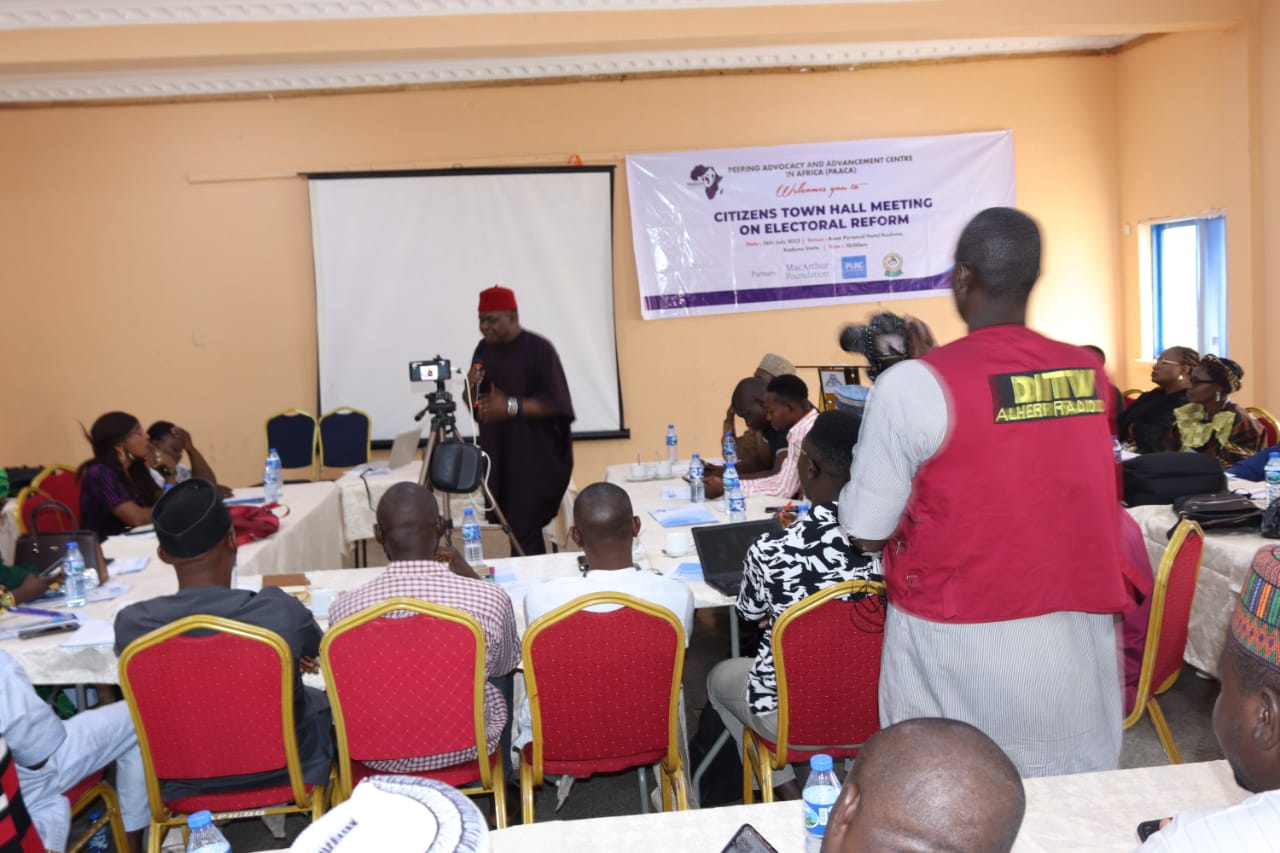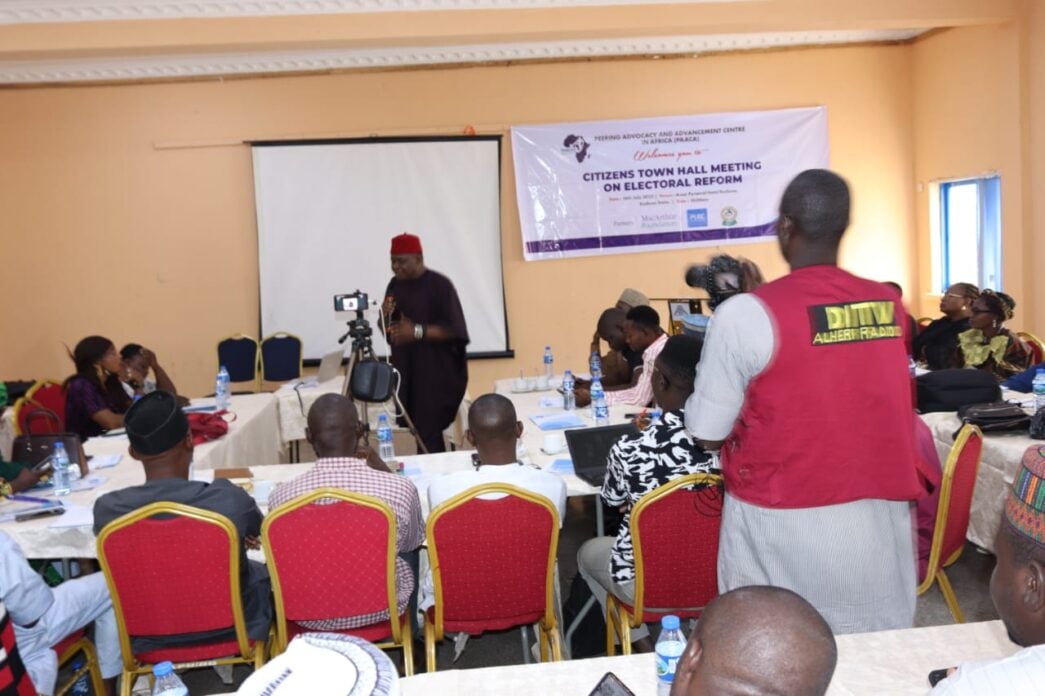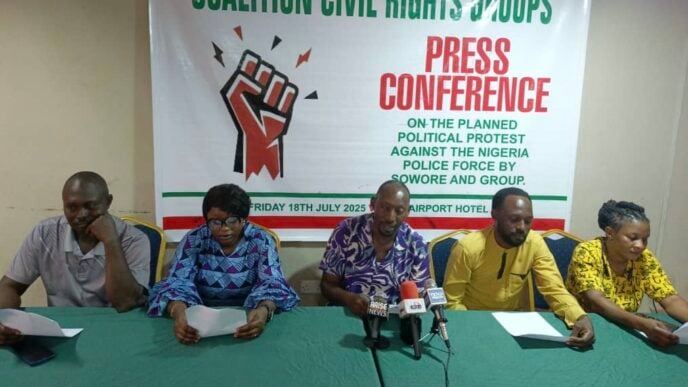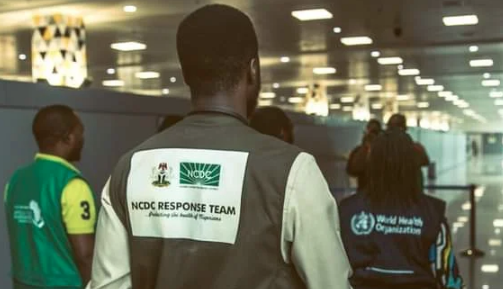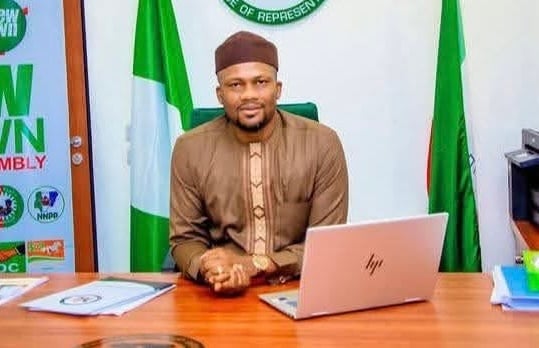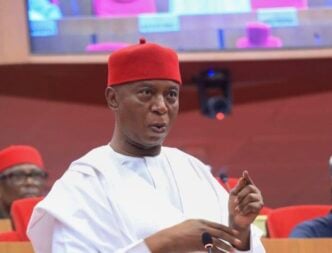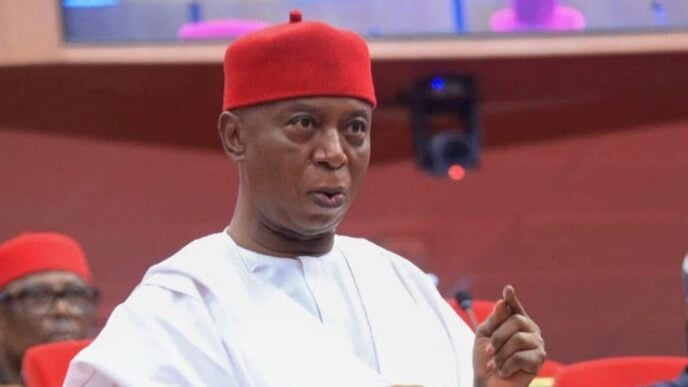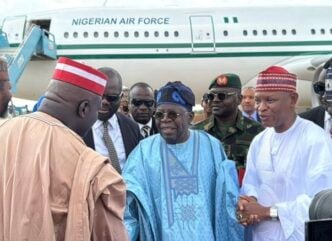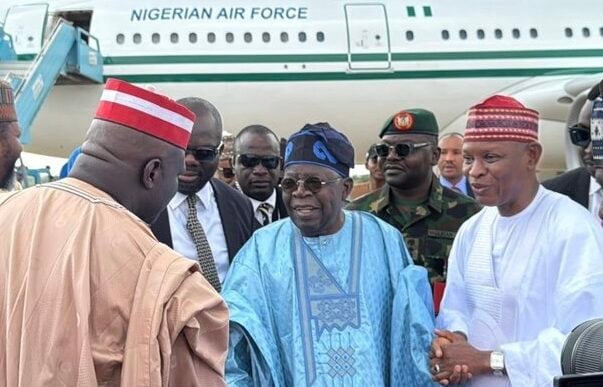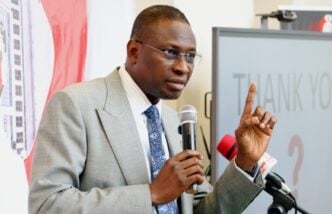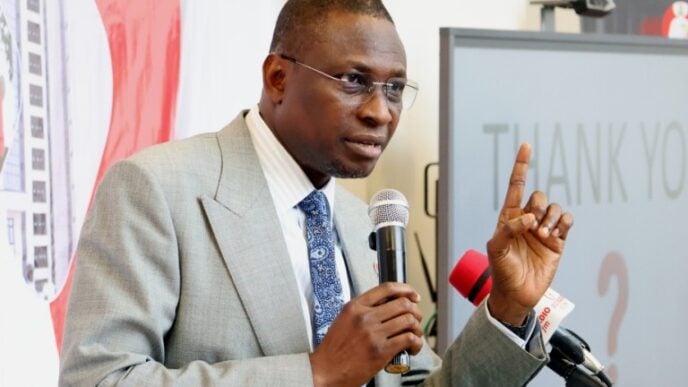Ezenwa Nwagwu, executive director of Peering Advocacy and Advancement Centre in Africa (PAACA), says stakeholders in the nation’s electoral process need to embrace recent innovations and reforms introduced by the Independent National Electoral Commission (INEC) to strengthen the credibility of the 2027 elections.
Ezenwa spoke in Kaduna during a one-day town hall meeting organised by the PAACA as part of efforts to sensitise Nigerians ahead of the next elections.
The town hall meeting brought together representatives from political parties, civil society organisations (CSOs), security agencies, religious groups, persons with disabilities (PWDs), youth organisations, and the media.
He said the forum aimed to bridge knowledge gaps on electoral reforms since 2015 and to discuss urgent issues ahead of the 2027 polls.
Advertisement
Nwagwu said key technological advancements such as the bimodal voter accreditation system (BVAS), INEC result viewing portal (IReV), election monitoring dashboard, and the INEC candidate nomination portal (ICNP), have improved transparency and reduced electoral malpractice.
He noted that the innovations have transformed the electoral landscape by curbing last-minute candidate substitutions and enhancing public trust through digital record-keeping.
“Starting around the 2019 cycle and strengthened further by provisions in the Electoral Act 2022, INEC introduced online portals for political parties to submit the names and details of candidates who emerged from primaries. Parties now must upload results and supporting documents directly to the INEC candidates nomination portal (ICNP), with strict deadlines,” he said.
Advertisement
“Before these reforms, the process of submitting candidates’ names to INEC was largely manual, paper-based, and, frankly, chaotic.
“Party leaders could swap names at the last minute, sometimes after candidates had genuinely won primaries. This led to endless court cases, bitter intra-party disputes, and a sense among party members that the real contest wasn’t at the primary but at the party headquarters, where lists could be doctored before submission.
“This shift achieved several important things: reduced last-minute substitution: It has become harder for parties to change names outside the clear legal window because submissions were timestamped and stored electronically.
“It also improved transparency, ensuring that party members, journalists, and election monitors could follow the process more closely and spot when parties tried to bend the rules.
Advertisement
“It has also streamlined litigation. Courts could rely on digital records directly from INEC rather than conflicting letters from party factions.”
Danjuma Makama, Kaduna state director of the National Orientation Agency (NOA), urged stakeholders to take ownership of the electoral process by understanding and supporting reforms that promote free, fair, and credible elections.
Makama emphasised the agency’s role in shaping public perception and promoting informed electoral choices.
He stated that the 2023 elections revealed both challenges and opportunities for growth and encouraged continuous engagement with citizens to foster better decision-making during elections.
Advertisement
Ndan Kure, head of the election monitoring unit at the Nigeria Security and Civil Defence Corps (NSCDC), stressed the need for synergy between electoral bodies, security agencies, and citizens to prevent violence and voter suppression.
Kure disclosed that INEC facilities were attacked across 15 states between 2019 and 2022, while also stressing the need for enhanced civic education, transparency, and public trust in the electoral process.
Advertisement
Mikailu Abubakar, chairman of the conference of Nigerian Political Parties (CNPP) in Kaduna, noted that electoral reform is not just necessary but essential to restore public trust.
He expressed hope that such engagements would inspire more inclusive and accountable practices going forward.
Advertisement

